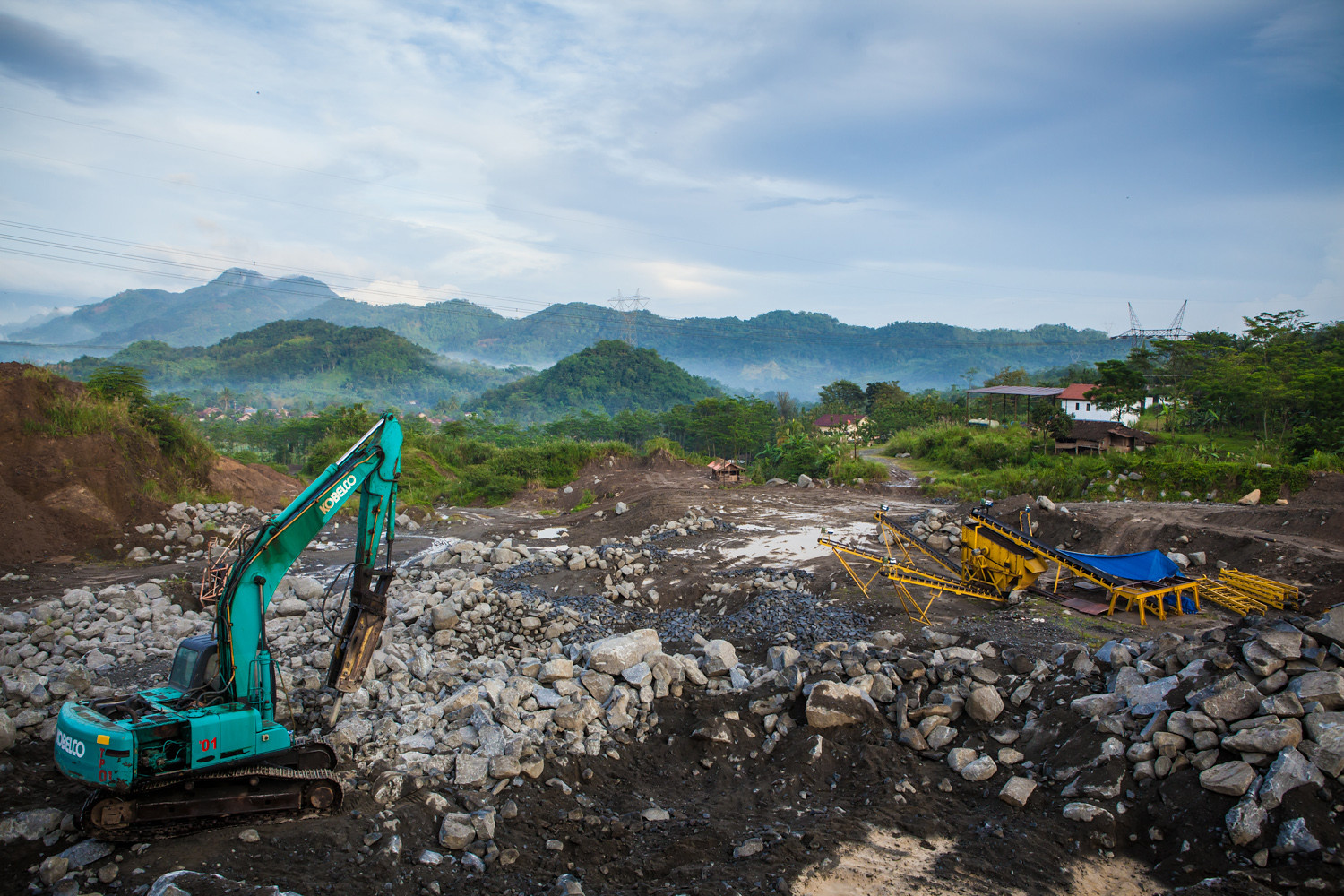
PWYP members call for better reporting under EU law of the impact of extractive companies on people and the planet
Large oil, gas and mining companies listed on stock exchanges in the European Union are required by law to disclose information about their environmental and social policies and practices, how they ensure respect for human rights and what they do to combat corruption risks. They are required to do this by the EU’s Non-Financial Reporting Directive (NFRD).
At present, the Directive is weak – companies can choose what and how they disclose, and there are no comparable indicators, so it’s difficult to tell how they are performing. In the context of the European Green Deal, the European Commission (the executive of the EU) has decided to tighten the legislation to make it fit for purpose. For the past few weeks, it has been consulting stakeholders from industry, government and civil society to inform the draft of the new legislation which it intends to table by early 2021. The Commission wants to ensure the information to be disclosed by companies allows investors to make informed sustainable investment decisions, and civil society organisations to be better informed to hold companies to account.
This week, PWYP members from Europe and beyond submitted responses to the consultation. Many of them drew on the PWYP response which was drafted with input from more than 10 PWYP members and allies (including NRGI, PWYP UK, Oxfam France, TI Europe, Public Eye, PWYP US, PWYP Canada, PWYP Australia, Global Witness, RAID, Responsible Mining Foundation, and the Business and Human Rights Resource Centre), and was signed off by Global Council representative for Europe, Miles Litvinoff (PWYP UK). PWYP’s submission calls for a sector specific approach so that extractive companies – whose operations pose some of the greatest risks to environmental and social justice and human rights – have particular disclosure requirements (including contract transparency, in line with the EITI 2019 Standard) and a defined materiality threshold (i.e. the company doesn’t get to decide what is or isn’t material to disclose).
These PWYP members, working with the PWYP international Secretariat in co-drafting the submission, see the objectives of the Directive as falling very much within the scope of PWYP’s Vision 2025 strategy; in particular our global goals to be informed and to be heard. The Directive requires mandatory disclosure so that we can better understand the impact of a company on the environment, on social equality and on human rights. PWYP’s recently published strategic framework on civic space, which provides a roadmap for prevention, protection and advocacy, highlights the need for PWYP members to raise our voice collectively to shift the balance of power. This submission is one way for us to make our voices heard; and we encourage PWYP members to continue to identify opportunities where we can be connected across the movement to amplify our message.
The political framing of this Directive is the European Green Deal. As PWYP members explore opportunities to engage on a just energy transition, an issue which the current coronavirus pandemic has shown is as urgent as ever, this consultation provides an important opportunity for PWYP members to be influential in a new and challenging policy space which has huge implications for the people and communities at the centre of our Vision 2025 agenda.
This blog was authored by Miles Litvinoff, National Coordinator of PWYP UK and Global Council representative for Europe and North America and Stephanie Rochford, Director of Member Engagement at the PWYP International Secretariat